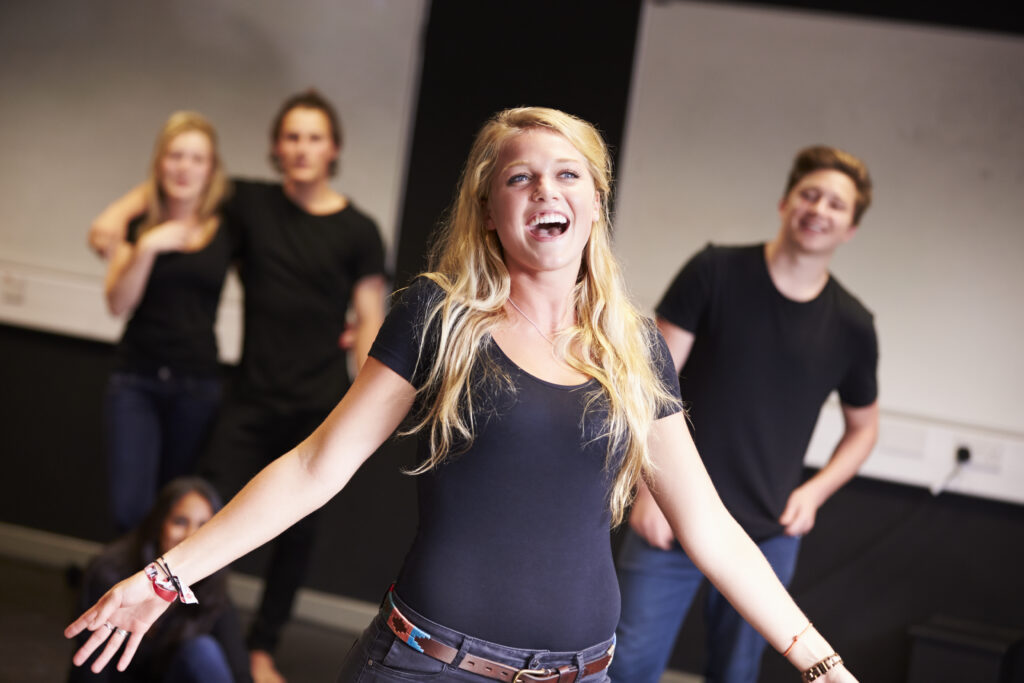So you want to sing?
If you’ve found your way here, you obviously love to sing and want to find out more about how you can take your singing further. You might be looking for information about training and developing a career as a singer, or you might sing for enjoyment and want to explore some further opportunities.
We are Amanda Smallbone and Lisa Faye Broadhead two professional singing teachers with many years of experience of helping our students successfully audition for UK conservatories and pursue their ambitions. One of the things we have noticed over the years is that finding information about training as a singer can be confusing if you don’t know where to look. Drawing on our joint knowledge and experience we have pulled everything you need to know here in one place to help you make the best choices for your individual singing journey.
In terms of formal training routes, the style of singing you choose to study will depend on the style of music you love to listen to and enjoy singing.
Training routes in UK Conservatoires are divided into four key areas of singing:
- Musical Theatre,
- Pop
- Jazz
- Classical
Within these areas there are further styles such as Rock, R’n’B, Opera and Indie and styles do cross over.
Each style requires a slightly different vocal technique to create the required sound, and that is what you will be learning if you choose to embark on a formal training route. This doesn’t mean that once you train in one style you can’t sing in other styles of course!
On this website you can find detailed information about training as a singer in the four main vocal styles at undergraduate degree level. At this stage we are focusing on courses available at conservatoires in the UK, but opportunities for study at universities and elsewhere will follow so keep popping back!
You’ll also find an overview of the different singing styles to help you make an informed choice.

Conservatoire or University – what’s the difference?
It’s important to understand the main differences between training at a Conservatoire and studying at a University so that you can make a more informed choice about the route that is best for you.
Conservatoires are specialist training institutions focusing on music, drama and dance training. Their main purpose is to prepare you to work as a singer within the industry and as such everything you study is geared towards helping you develop the skills and knowledge you need to work as a professional singer.
The audition process for conservatoire is generally more rigorous and requires a generally a higher standard of performance at entry than that of universities, who often don’t audition students on their performance abilities at all but offer places based on UCAS points and personal statements alone.
There tends to be much more teaching contact time and a greater emphasis on developing your performance skills at a conservatoire than you would expect at a university. There is also strong emphasis on one-to-one tuition and working with professionals from the industry.
Traditional music-based courses at universities lean towards a more academic focus but many undergraduate programmes at universities also offer excellent performance skills training too.
If you would like to read more about the difference between studying at conservatoire and university we recommend that you take a look at this useful resource from UCAS.
